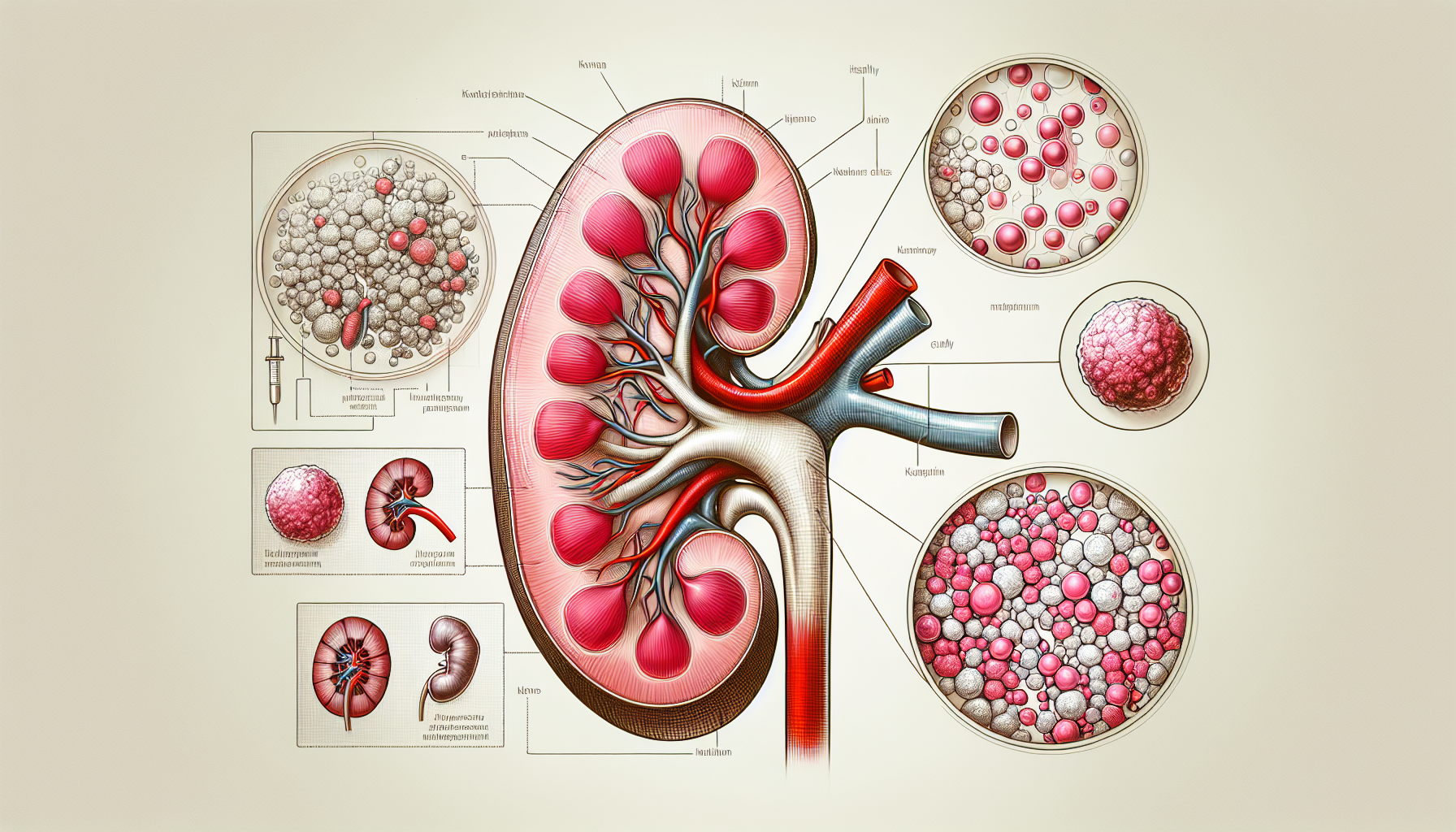Emerging Therapies in Low-Grade Serous Ovarian Cancer: Focus on Avutometinib and Defactinib
Key Takeaways
- The combination of avutometinib and defactinib offers a novel therapy for low-grade serous ovarian cancer by targeting the RAF/MEK and FAK pathways, showing promising initial results compared to traditional treatments.
- Phase 2 RAMP 201 trial has demonstrated a significant increase in overall response rate, leading to the larger Phase 3 RAMP 301 trial, which will include a broader patient demographic including both KRAS-mutant and KRAS wild-type individuals.
- Precision medicine plays a critical role in these trials, with tailored treatments aimed at maximizing efficacy and minimizing side effects, marking a shift from traditional chemotherapy which has limited success in this cancer subtype.
Did You Know?
Introduction to Innovative Cancer Therapy
Ongoing advancements in cancer research have introduced a promising combination of drugs aimed at improving treatment outcomes for low-grade serous ovarian cancer. The drugs avutometinib and defactinib are at the forefront of this innovative approach, combining RAF/MEK and FAK inhibition to attack cancer cells more effectively.
Exploring the RAMP 201 and RAMP 301 Trials
The Phase 2 RAMP 201 trial provided compelling results, showing a significant increase in the overall response rate among patients who received the combination therapy compared to those on single-drug therapy. This success has led to the initiation of the Phase 3 RAMP 301 trial, hoping to further validate these findings and expand upon the patient demographic to include both KRAS-mutant and KRAS wild-type individuals.
Impact of RAS/MAPK Pathway Inhibition
Key to understanding the efficacy of this treatment is the role of the RAS/MAPK pathway in low-grade serous ovarian cancer. This pathway is crucial in tumor development and growth, making it a prime target for therapy. Modification of this pathway through targeted drug strategies, like combining avutometinib with defactinib, is showing promising leads in managing this cancer subtype.
The Role of Precision Medicine
Jubilee Brown, MD, emphasizes the use of precision medicine in these trials, tailoring treatments to specific pathological characteristics of the cancer cells. This approach aims to maximize treatment efficacy and minimize adverse effects, marking a significant shift from traditional, one-size-fits-all therapy models.
Understanding Dual Therapy Approach
The interplay between RAF/MEK and FAK inhibitors introduces a dual attack on cancer cells, disrupting their growth and survival pathways. This is particularly relevant in cancer types like low-grade serous ovarian cancer, where traditional chemotherapy has shown limited success.
Treatment Before and After Surgery
Traditionally, surgery has been the primary treatment approach followed by chemotherapy or hormonal treatments. However, with emerging drug therapies showing promise, the treatment paradigm is shifting towards integrating these novel treatments into the post-surgical care regime, potentially leading to better management of the disease.
Comparison with Traditional Chemotherapy
The limited effectiveness of conventional chemotherapy agents like paclitaxel and carboplatin in treating low-grade serous ovarian cancer has prompted the exploration of alternative therapies. This has led researchers to focus on hormonal therapies and targeted drug treatments that show higher efficacy in clinical trials.
Navigating Through Hormonal Pathways
Hormonal influence plays a significant role in the pathology of low-grade serous ovarian cancers. The use of aromatase inhibitors to block hormone receptors shows potential in conjunction with pathway-targeted therapies provided by drugs like avutometinib and defactinib.
Renewed Research Interest and Funding
This rare subtype of ovarian cancer has historically been underresearched, but recent trials have highlighted the need and potential for focused studies. Increased attention and funding are now driving more comprehensive investigations, aiming to transform patient outcomes in this field.
Future Outlook
The ongoing RAMP 301 trial represents a crucial step in confirming and expanding the knowledge gained from earlier studies, with the hopes of establishing a new standard of care in the treatment of low-grade serous ovarian cancer. The outcomes of this trial could pave the way for significant changes in how this rare cancer is managed globally.






